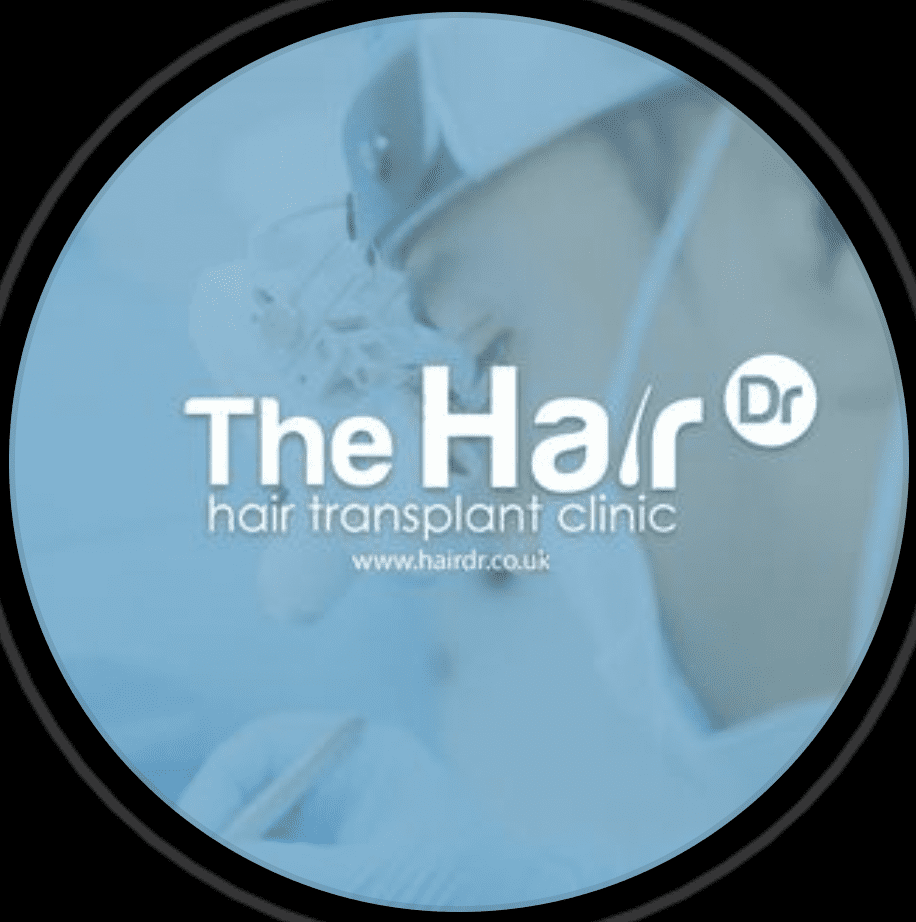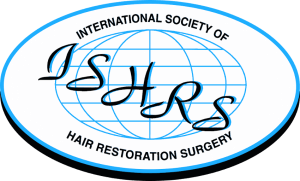Iron deficiency is a prevalent nutritional deficiency worldwide, affecting millions of people. Hair loss is a common concern for many individuals, and there’s often speculation about its connection to iron deficiency.
The Link Between Iron Deficiency and Hair Loss
Iron plays a crucial role in various bodily functions, including the growth and maintenance of healthy hair. When the body lacks an adequate amount of iron, it can lead to a condition known as iron deficiency anemia. This deficiency affects the body’s ability to produce hemoglobin, the protein responsible for transporting oxygen to tissues and organs.
Hair follicles are highly sensitive to changes in nutrient levels, including iron. When iron levels are low, the hair follicles may enter a dormant phase, resulting in hair thinning and eventual loss. Additionally, insufficient iron can disrupt the normal growth cycle of hair, leading to increased shedding and reduced hair density.
Diagnosing Iron Deficiency
Detecting iron deficiency typically involves blood tests to measure levels of serum ferritin, a protein that stores iron in the body. Low levels of serum ferritin indicate depleted iron stores, which can contribute to hair loss and other symptoms associated with iron deficiency anemia. In some cases, additional diagnostic methods such as a complete blood count (CBC) may be performed to assess overall iron status.
Treating Iron Deficiency-Related Hair Loss
Addressing iron deficiency-related hair loss involves replenishing iron stores through dietary changes, supplementation, or other treatment options. Increasing the intake of iron-rich foods such as lean meats, leafy green vegetables, and fortified cereals can help boost iron levels naturally. Iron supplements may also be prescribed by healthcare providers to support iron repletion, especially in cases of severe deficiency.
In addition to iron supplementation, other treatment options for iron deficiency-related hair loss may include topical solutions or procedures aimed at stimulating hair growth. However, it’s essential to consult with a healthcare professional before starting any treatment regimen to ensure it’s appropriate for individual needs.
Prevention Tips
Preventing iron deficiency-related hair loss involves maintaining a balanced diet rich in iron and other essential nutrients. Incorporating foods high in iron, such as red meat, poultry, fish, beans, and fortified grains, can help support optimal iron levels. Additionally, adopting healthy lifestyle habits such as regular exercise and stress management can contribute to overall hair health.
FAQs
What are the signs of iron deficiency?
Signs of iron deficiency may include fatigue, weakness, pale skin, shortness of breath, dizziness, headaches, cold hands and feet, brittle nails, and unusual cravings for non-nutritive substances like ice or dirt.
Can iron supplements reverse hair loss?
Iron supplements can help reverse hair loss caused by iron deficiency. By replenishing iron stores in the body, supplements support healthy hair growth and prevent further loss.
How long does it take for iron supplements to work for hair loss?
The timeframe for seeing results from iron supplements can vary depending on individual factors such as the severity of deficiency and overall health status. In general, it may take several weeks to months of consistent supplementation before improvements in hair health become noticeable.
Is hair loss a common symptom of iron deficiency?
Yes, hair loss is a common symptom of iron deficiency. When the body lacks sufficient iron, it can disrupt the normal growth cycle of hair follicles, leading to increased shedding and reduced hair density.
Can iron deficiency be reversed with diet alone?
In mild cases of iron deficiency, dietary changes alone may be sufficient to reverse the deficiency. However, in more severe cases or when symptoms persist despite dietary modifications, iron supplementation may be necessary to restore iron levels to optimal ranges.
Are there any side effects of iron supplements?
Some individuals may experience side effects such as constipation, nausea, stomach cramps, or diarrhoea when taking iron supplements. These side effects can often be minimised by taking supplements with food or adjusting the dosage as recommended by a healthcare professional.
Conclusion
In conclusion, iron deficiency can indeed contribute to hair loss, underscoring the importance of maintaining adequate iron levels for overall health and well-being. By recognising the signs of iron deficiency and taking proactive steps to address it through dietary changes, supplementation, and lifestyle modifications, individuals can help promote healthy hair growth and prevent further loss. If experiencing hair loss or other symptoms of iron deficiency, it’s essential to consult with a healthcare professional for proper diagnosis and treatment.
Are you experiencing hair loss ? Don’t wait any longer to take action. Schedule an appointment with us today to discuss your symptoms and explore treatment options.









